Stay up to date with the School of Music!
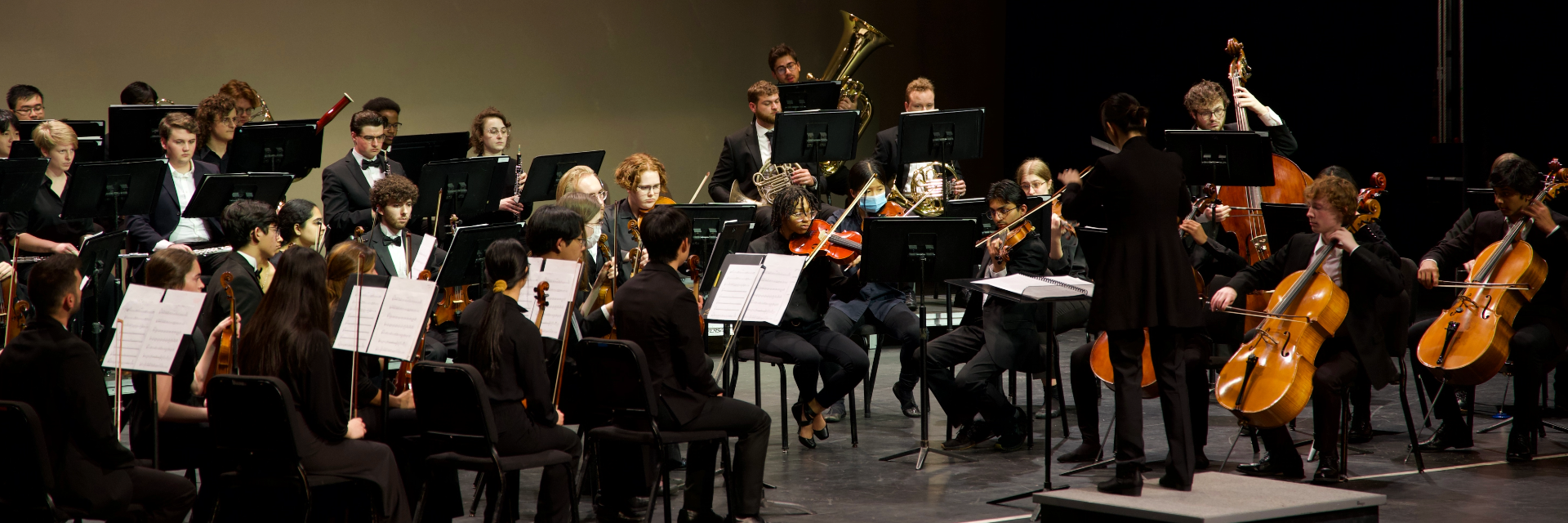
Georgia Tech School of Music Presents:
Argentina Mon Amour
Georgia Tech School of Music Presents:
Argentina Mon Amour
Monday, February 26th 2024
7:30pm
Ferst Center for the Arts
Georgia Tech Concert Orchestra
Andrea Perez Muksdi, Chaowen Ting, conductors
For their first concert of the season, the GT Concert Orchestra explores a variety of themes, opening with Fauré’s Pelléas et Mélisande Suite and Pavane. Next in the program is Astor Piazzolla’s Triunfal and Cafe 1930 from Histoire du Tango. The program concludes with Nadia Boulanger’s Fantasia for Piano and Orchestra, starring pianist María Luz Poirier.
Program
- I. Prélude
- III. Sicilienne
arr. Dmitri Varelas
arr. Javier m. lo re
María Luz Poirier - Piano
Program Notes – Pelléas et Mélisande Suite
The Pelléas et Mélisande Suite was composed by Faure to be played with a London production of Maurice Maeterlinck’s opera, Pelléas et Mélisande. This opera follows a love triangle between Prince Golaud, his wife Melisande, and his younger brother Pelleas. Golaud finds Melisande in the woods and marries her, but she falls in love with his younger brother, causing Golaud to kill Pelleas.
Program Notes – Café, 1930 from Histoire du Tango
Each of the movements in Histoire du Tango aims to explore an age of tango. Cafe 1930’s predecessor, Bordel, 1900, is a high spirited tango that emphasizes its liveliness. In contrast, Cafe, 1930’s slower tempo highlights the age when the cultural preference was to listen to music, rather than dance to it.
Program Notes – Pavane
Pavane, also written by Gabriel Faure, was originally composed to be a piano piece, but it has since become more famous as an orchestral piece, with the optional chorus. It was named after the Pavane, a slow Spanish processional dance.
Program Notes – Triunfal
Triunfal (Triumphant) was written between 1950 and 1952. Piazzolla is said to have played the work to Nadia Boulanger, who exclaimed, “This is Piazzolla! Don’t ever forget it!’ - from Notes by Graham Wade
Program Notes – Fantasia for Piano and Orchestra
Written by Nadia Boulanger, female composer and Astor Piazzolla’s teacher, Fantasie for Piano and Orchestra is one of Boulanger’s most famous pieces. Though it has been performed by various orchestras, it remains unpublished to this day. This piece has influences from Fauré, as well as other composers including Debussy.
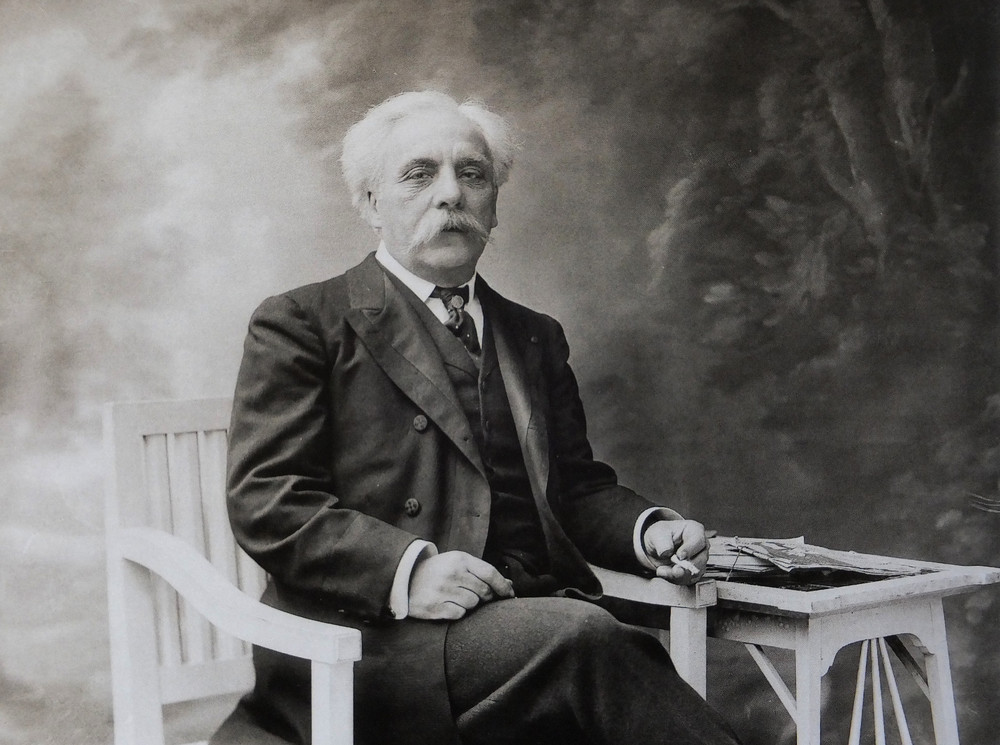
Composer Bio – Gabriel Fauré
Gabriel Fauré, French composer, organist, pianist, and teacher, was a highly influential 20th century composer. Despite not being born into a particularly musical family, his talent was recognized at a young age, and he was sent to the École Niedermeyer College in Paris, where he studied under many teachers including Saint-Saëns. He first pursued his other musical talents, performing piano and organ at various organizations, before beginning composition, and he soon became the most well-known composer in France at the time.
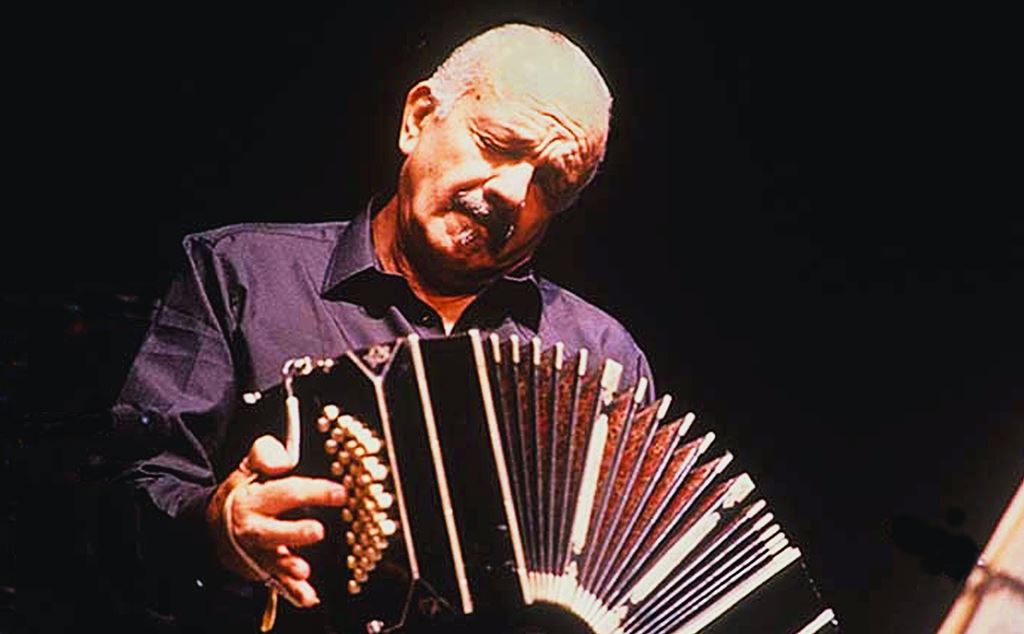
Composer Bio – Astor Piazzolla
Astor Piazzolla was an Argentine tango composer. Born and raised in Argentina in 1921, he grew up listening to Argentine music, and he used his upbringings as an inspiration to many of his own compositions. In 1953, he entered his piece “Buenos Aires Symphony in Three Movements'' for the Fabian Sevitzky Award, but during the performance of the piece, a fight broke out over the fact that he had included two bandeons, an instrument typically used in tango ensembles, in a classical piece. Despite this, he won a grant to study under Nadia Boulanger, who encouraged him to incorporate his Argentine upbringing and influences in his music, rather than stick with the classical European influences, leading him to become a famous tango composer.
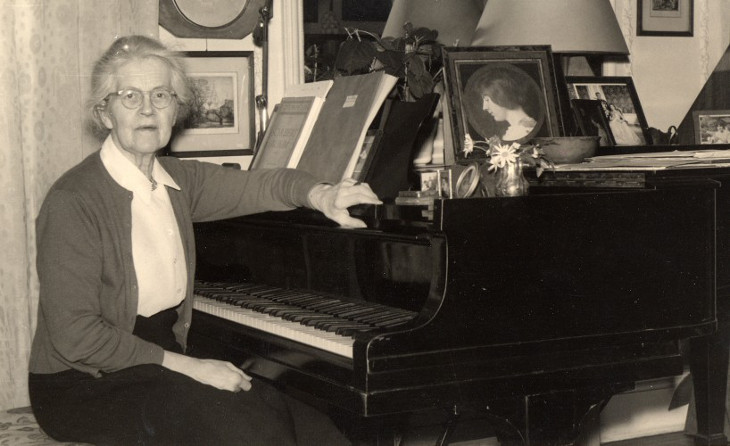
Composer Bio – Nadia Boulanger
Nadia Boulanger, a French music teacher, conductor, and pianist, was the first woman to conduct many major orchestras across the United States and Europe. Born into a musical family, she studied at the Conservatoire de Paris, where she studied with Gabriel Fauré, another composer featured in this concert. Early in her career, she believed she did not have talent composing, and instead focused on being a music teacher. She taught many other young composers, including another composer that is featured in this concert: Astor Piazzolla. Eventually, she was encouraged to start composing by Fauré, and she went on to compose many well-known pieces and conduct famous orchestras throughout the world.
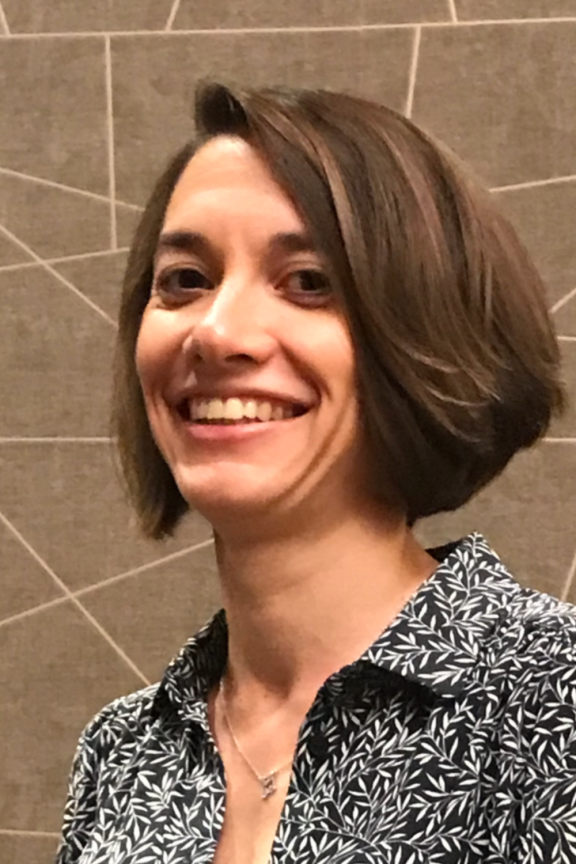
Pianist Bio – María Luz Poirier
Argentine pianist María Luz Poirier is an advocate of contemporary music and emerging women composers from Latin América.
For her outstanding artistry and impressive versatility, Poirier garnered recognition through the Italian Government Grant (MAE Scholarship), which allowed her to study at Istituto Pietro Mascagni (Livorno) in 2013 and 2014.
As a soloist, Poirier has performed in Livorno, Firenze, and Bellagio (Italia), Sao Paulo and Rio de Janeiro (Brasil), Asunción (Paraguay), Buenos Aires, Rosario, Santa Fe, Salta, Tucumán, Río Tercero, Córdoba, and La Plata (Argentina). In 2011 and 2012 she was invited to join the Martha Argerich Present Project (MAPp), organized by this renowned Argentine pianist. Poirier is a guest soloist with the Orquesta de Cámara Municipal de Rosario and remains an active chamber musician as a member of various ensembles in Argentina.
An alumni of the Universidad Nacional de Rosario, Poirier’s career began with Norma Scarafía and Ana María Cué. She continued her music education earning her Licenciatura in piano performance and MM in chamber music performance. She has worked with Daniel Rivera, Dario Ntaca, Edith Fisher, Finlay Ferguson, Fernando Pérez, Alexander Panizza. In 2002, Poirier was chosen as a finalist in the IX Pau Casals International Competition. She has been awarded first prize in the XXV Mozarteum Festival for Young Talents.
Poirier is member of Ensamble Warmi, an all-women group committed to promote and preserve the music of Latin American women composers of the 20th and 21st centuries. Created in 2019, the group also supports living women composers by actively commissioning music. With Ensamble Warmi, Poirier has premiered more than 10 works in Argentina, Venezuela, and Brazil.
Currently, Poirier is professor of piano and piano accompanist at the Carlos Guastavino Music School and the School of Music of Rosario, Argentina.
Ensemble Members
| Violin I | Major |
| Joshua Sampson, Concertmaster | Computer Science |
| Joshua Kinoshita | Music Technology |
| Anu Raghavan | Chemical and Biomolecular Engineering |
| Katherine Stone | Biology |
| Pearl Park | Electrical Engineering |
| Stephen Linder | Computer Science |
| Christopher Linder | Computer Science |
| Alexa Vitti | Chemical and Biomolecular Engineering |
| John Auckly | Aerospace Engineering |
| Nishka Soni | Industrial Engineering |
| Violin II | |
| Lawrence Ro, Principal | Electrical Engineering |
| Antoine Marin | Aerospace Engineering |
| Yijie Jin | Mathematics |
| Addison Harmer | Physics |
| Arshiya Rahman | Computer Science |
| Tanvi Thallapally | Biochemistry |
| Sanai Williams | Architecture |
| Wesley Chukumah | Biomedical Engineering |
| Varsha Jacob | Computer Science |
| Viola | |
| Nicole Redder, Principal | Operations Research |
| Katherine Poch | Environmental Science |
| Angela Xu | Computer Science |
| Cello | |
| Madeline Belew, Principal | Chemical and Biomolecular Engineering |
| Klara Kunz | Chemical Engineering |
| Roy Mazor | Mechanical Engineering |
| Sophia Anderson | Materials Science and Engineering |
| Abigail Sim | Biology |
| Jamie King | Chemical Engineering |
| Philip Cho | Aerospace Engineering |
| Bass | |
| Matthew Walloch, Principal | Biomedical Engineering |
| Iris Smith | Mathematics |
| Harp | |
| Anoushka Scaria | Computer Science |
| Flute | Major |
| Yoojin Jeong | Neuroscience |
| Sieun Kim | Computer Science |
| Cindy Wei Zhou | Business Administration |
| Oboe | |
| Keerthana Kumar | Biology |
| Raymond Yang | Biomedical Engineering |
| Clarinet | |
| Javier Pratdesaba | Chemical and Biomolecular Engineering |
| Philip Wu | Computer Science, Mathematics |
| Jason Zhang | Computer Science |
| Basson | |
| Lucille Dentice | Materials Science and Engineering |
| Ahmad Duncan | GSU Music |
| Horn | |
| Joseph Hardin | Computer Science |
| Caleb Kineer | Civil Engineering |
| Tristan Laanait | Fulton Science Academy and Georgia Tech, Dual Enrolled |
| Trumpet | |
| Mason Beyke | Psychology |
| Akhil Gundra | Aerospace Engineering |
| Trombone | |
| Jonatan Gonalez | Aerospace Engineering |
| Zixiao Yang | Mechanical Engineering |
| Tuba | |
| Alejandro Martinez | Physics |
| Percussion | |
| Kwanwoo Lee | Computer Science |
Georgia Tech School of Music
Through interdisciplinary degree programs, outstanding performance ensembles, and innovative research endeavors, the Georgia Tech School of Music cultivates a rich legacy of musical traditions and develops cutting-edge technologies to help define music's future. The School serves students in bachelors, masters, and doctoral programs in music technology and offers innovative performance opportunities, courses, and cultural and artistic experiences for students throughout the Institute.